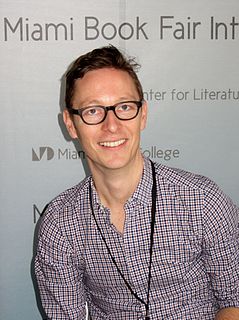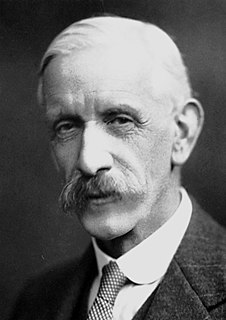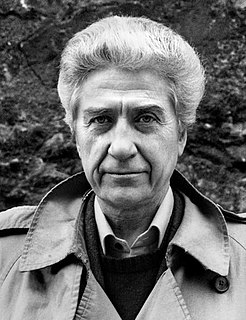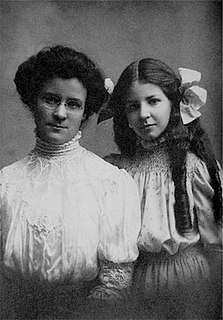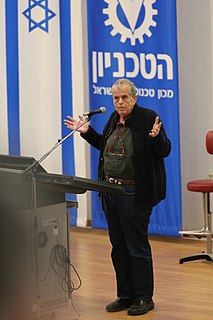A Quote by Kenichi Fukui
But the nature of my main work in chemistry can be better represented by more than 280 English publications, of which roughly 200 concern the theory of chemical reactions and related subjects.
Related Quotes
Anguish over the loss of a loved one or feelings of helplessness have complex roots. But in the end, they make you feel bad because they adjust your brain's chemistry. Happiness and its opposite are both electro-chemical reactions; those reactions are temporary and ineffable and could even have hidden benefits.
My main thesis will be that in the study of the intermediate processes of metabolism we have to deal not with complex substances which elude ordinary chemical methods, but with the simple substances undergoing comprehensible reactions... I intend also to emphasise the fact that it is not alone with the separation and identification of products from the animal that our present studies deal; but with their reactions in the body; with the dynamic side of biochemical phenomena.
You have heard of the new chemical nomenclature endeavored to be introduced by Lavoisier, Fourcroy, &c. Other chemists of this country, of equal note, reject it, and prove in my opinion that it is premature, insufficient and false. These latter are joined by the British chemists; and upon the whole, I think the new nomenclature will be rejected, after doing more harm than good. There are some good publications in it, which must be translated into the ordinary chemical language before they will be useful.
Scheele, it was said, never forgot anything if it had to do with chemistry. He never forgot the look, the feel, the smell of a substance, or the way it was transformed in chemical reactions, never forgot anything he read, or was told, about the phenomena of chemistry. He seemed indifferent, or inattentive, to most things else, being wholly dedicated to his single passion, chemistry. It was this pure and passionate absorption in phenomena-noticing everything, forgetting nothing-that constituted Scheele's special strength.
The steady states of the fluid matrix of the body are commonly preserved by physiological reactions, i.e., by more complicated processes than are involved in simple physico-chemical equilibria. Special designations, therefore, are appropriate:—“homeostasis” to designate stability of the organism; “homeostatic conditions,” to indicate details of the stability; and “homeostatic reactions,” to signify means for maintaining stability.
The theory of free speech, that truth is so much larger and stranger and more many-sided than we know of, that it is very much better at all costs to hear everyone's account of it, is a theory which has been justified on the whole by experiment, but which remains a very daring and even a very surprising theory. It is really one of the great discoveries of the modern time.
In teaching, the other main problem related to type is the students’ interest. Intuitives and sensing types differ greatly in what they find interesting in any subject even if they like, that is, are interested in, the same subjects. Intuitives like the principle, the theory, the why. Sensing types like the practical application, the what and the how.
Creationists reject Darwin's theory of evolution on the grounds that it is "just a theory". This is a valid criticism: evolution is indeed merely "a theory", albeit one with ten billion times more credence than the theory of creationism - although, to be fair, the theory of creationism is more than just a theory. It's also a fairy story. And children love fairy stories, which is presumably why so many creationists are keen to have their whimsical gibberish taught in schools.


